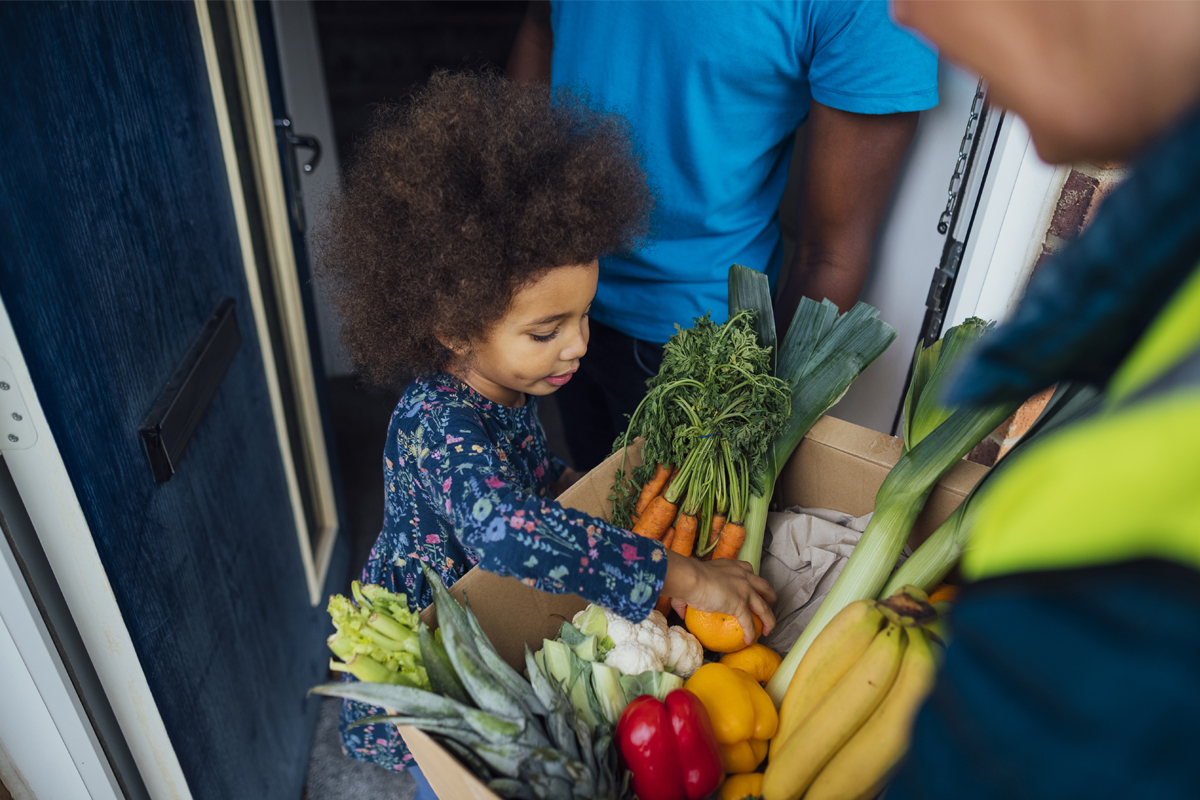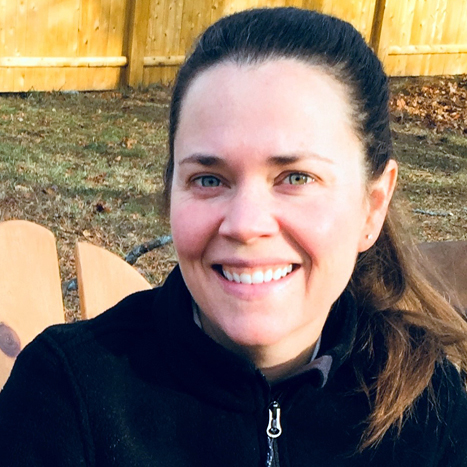
Overview
Partnership for a Healthier America launched the Good Food for All program in 2021 with goals of increasing fruit and vegetable consumption among lower-income families and identifying a sustainable marketplace solution for increasing access to healthy, affordable produce. The Good Food for All program was implemented in communities of need in 28 cities throughout the U.S. Participants could receive a free box of produce each week for up to 12 weeks. Each box of produce contained approximately 50 servings of fresh fruits and vegetables, as well as a recipe booklet to help participants use the box ingredients to prepare meals.
Our Approach
Altarum conducted a longitudinal study with a comparison group to assess the impact of the program on participants’ fruit and vegetable consumption habits, program satisfaction, and whether participating in a free produce box program influenced willingness to purchase a produce box or other produce-centric meal kit boxes in the future. In addition, we conducted focus groups with Good Food for All participants to gather rich qualitative data about participants’ experiences with the program, and program attributes they enjoyed or could be improved.
Results
Over 21,000 families received a total of more than 243,729 produce boxes containing over 15 million servings of fruits and vegetables. Altarum is working with Partnership for a Healthier America to disseminate findings from the impact study in an upcoming publication.

Contact Us

Karah Mantinan - MPH, RD
Program Director, Food and Nutrition
Areas of Expertise- Food and Nutrition Programs
- Mixed-Methods Evaluation Study Design and Implementation
- Environmental Assessments and Literature Reviews
Karah oversees a portfolio of evaluation, training, and technical assistance initiatives designed to increase access to healthy food and opportunities for physical activity. She has over 15 years of experience designing and leading mixed-methods evaluation studies, developing resources to support and improve project implementation, and effectively communicating results to stakeholders in ways that are meaningful and actionable. Karah is passionate about using data to inform decision-making and improve health equity, outcomes, and efficiency. She has a master of public health degree in nutrition from University of North Carolina at Chapel Hill, a bachelor of science degree in nutritional sciences from Michigan State University, and is a registered dietitian.

Brenda Wolford - MS, RD
Senior Associate, Community Health
Areas of Expertise- Food and Nutrition Assistance Programs
- Mixed Methods Program Evaluation
- Nutrition and Physical Activity Evidence-Based Programming
Brenda is a senior associate in Altarum’s community health practice area. She has worked on SNAP-Ed evaluations since 2013, leading evaluation activities and providing technical assistance to 13 different states. Brenda provides management, research, and technical support to several projects, including lead roles in planning, conducting, and analyzing SNAP-Ed social marketing evaluations and policy, systems, and environmental (PSE) change strategies. Brenda has worked on SNAP-Ed evaluation and technical assistance projects in the states of Alabama, Arkansas, Illinois, Indiana, Iowa, Louisiana, Maine, Michigan, Mississippi, New York, Ohio, Rhode Island, and Tennessee. Prior to joining Altarum, Brenda was the nutrition, family and consumer sciences advisor for the University of California Cooperative Extension, Los Angeles County, where she directed SNAP-Ed and the Expanded Food and Nutrition Education Program (EFNEP). Brenda is a registered dietitian with a master’s degree in food policy and applied nutrition.